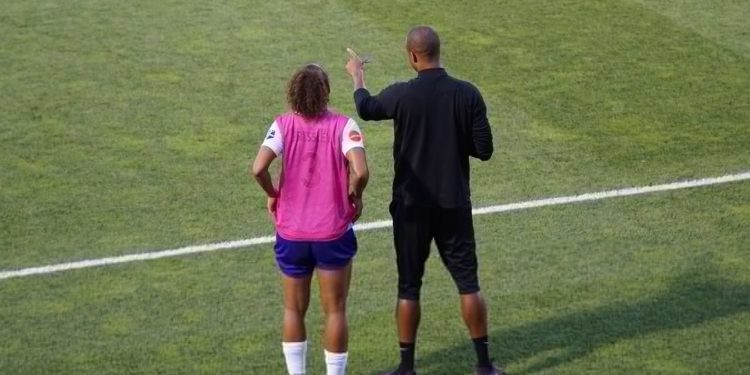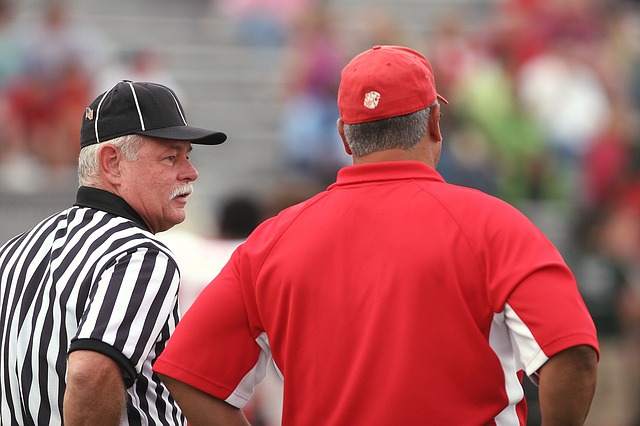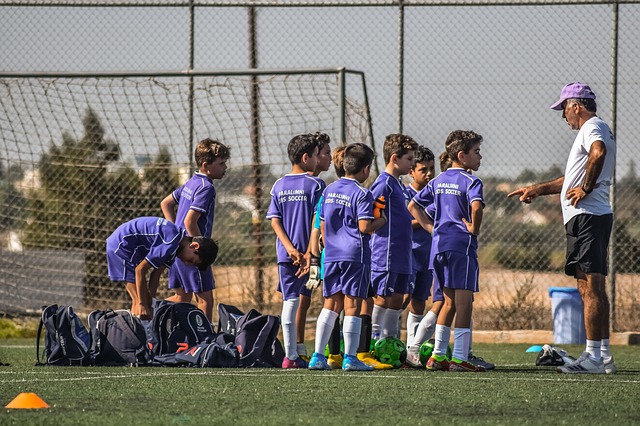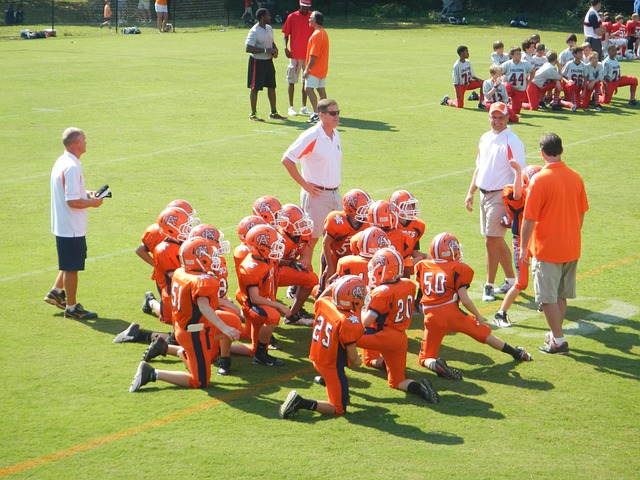9 Qualities of a Good Sports Coach

There is no sugar-coating it: the success of your team depends on your coach. A great coach needs to know more than just the rules of the game and the basic drills that go into practice.
If you’re in the process of finding a sports coach for your team and if you’ve been wondering what makes a good sports coach, you’re in the right place. In this post, we’ll take a look at the most important qualities of a good sports coach.
Nine Qualities Every Great Sports Coach Has To Possess
The job of every coach is to guide, inspire, and empower team members to develop their maximum potential. If you’re looking to hire a coach, look for the qualities listed below.

1. Knowledge of Their Sport
It goes without saying that a great coach should have knowledge of their sport. They should be familiar with all the rules as well as understand different tactics that can be used throughout the game. Having this knowledge will help them improve the team member’s play. It will also help them organize the team and plan out the match strategies throughout the season.
2. Communication And Listening Skills
Aside from knowing all the intricacies of the sport, a good coach needs to have excellent communication and listening skills. After all, all the knowledge in the world is useless unless your coach can communicate the message effectively to your team members.
When your coach can easily explain the why behind each training session or the reason for a particular strategy, your team members will be better prepared and know what to do in certain situations.
A great coach should also be able to listen to your team members, not only to receive input from them but also to be willing to listen and understand when a team member is going through a difficult situation in their life or when they need to adjust their training schedule for whatever reason.
3. Knowledge Of Their Athletes
Not every team member is the same. They all have different learning styles not to mention they rest and recover differently. As such, a great coach needs to keep those differences in mind and pay attention to the overall welfare of their team members. This includes their physical abilities, strengths and weaknesses, rest, nutrition, and mental welfare.
In some cases, a coach might even need to be aware of their personal situation to adjust the training sessions properly.

4. Motivation Skills
Sometimes, practice will come easily. Other times, your players might not be motivated to train. A great coach will be able to motivate their players and have a positive attitude towards the game and the players. A great coach will also be able to motivate their players before every match.
When you have a coach who can motivate their team, it’s only natural that the success will come easier and your players will be more inclined to give their best consistently.
5. Desire To Improve
A great coach, while knowledgeable about the sports, should never assume that their learning is done. On the contrary, they should actively continue to improve and refine their knowledge and develop new training techniques. Watching videos, staying atop of sports news and trends, attending additional training and networking with other coaches and top athletes is a great way to improve and grow as a coach.
6. Commitment
Being a coach is not easy but it can be incredibly rewarding. But to reap those rewards, a great coach has to be committed. This refers not only to the sport at hand but also committed to showing up for their team members consistently.
It also means taking the time to commit and communicate effectively with team member’s parents and educate them when necessary. The important thing to remember is that every coach will be more successful if they can get the parents to work with them and not against them.

7. Flexibility
Good coaches are flexible. They are not only looking for ways to improve themselves but also how they approach and communicate with each individual team member.
They understand that not everyone learns the same way and are willing to change their approach in order to help their team member master a particular technique.
Coaches who are flexible are more effective than coaches who aren’t willing to adapt to the student and insist on teaching or coaching every student the same way.
8. Collaboration
Good coaches understand that team success depends on collaboration. This refers to the collaboration between team members as well as collaboration with the player’s parents or partners.
As mentioned earlier, coaches need to effectively communicate with team players and their parents and partners and they need to be committed to educating parents and partners when necessary.
In addition to that, coaches need to enforce and encourage collaboration between team members as the most successful teams work together towards a common goal.
9. Discipline
Finally, a good coach needs to be disciplined. Keep in mind that if you want to become a professional athlete, you need to be disciplined and prepared for regular training, strict exercise, and nutrition regime. The best coaches will not only talk the talk but also walk the walk and be disciplined themselves.
Showing discipline and leading by example is the best way to earn your player’s respect and inspire them to follow in the same footsteps.
Discipline also refers to having a clear code of conduct both on the field and off the field. A good coach will stick to that code and make sure all team members adhere to it. When the code of conduct is not followed, a good coach will discipline team members but do remember that discipline should be prompt, consistent, and mild if you want it to be effective.
Final Thoughts
While your athletes need to have the passion for the game, the desire to succeed as well as talent, they also need a coach that will bring all those qualities together and help them achieve their maximum potential.
The tips in this article will help you understand what qualities to look for in a sports coach for your team and hire the right person for the job. Don’t forget to download and print out our cheat sheet so you can keep it handy as you review sports coach applications for your team.
